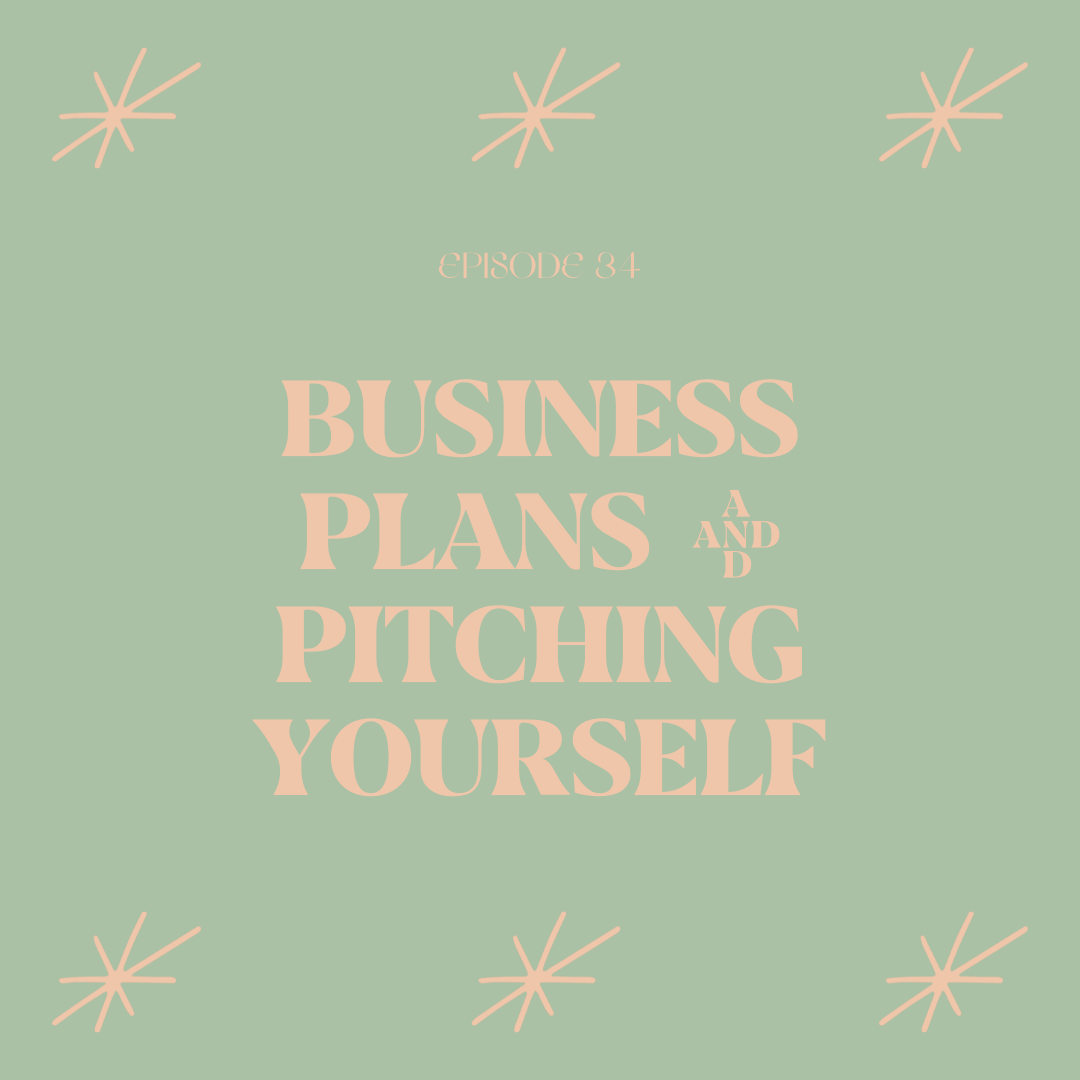How To Launch A Business Without Losing Your Goddamn Mind: Pt 2: Plans + Pitches
In the 2nd part of our "How To Launch A Business" series, we're breaking down how to create the perfect business plan that is authentic to you and your brand but still covers your ass. We also talk about elevator pitches, intellectual property, and whether or not we have the Coronavirus.
Business Plan
Recommended steps:
Executive Summary
Target Audience/Ideal Client
Market Analysis
Competitive Analysis
Sales and Marketing Plan
Operations
Financial Projections
Keeping it authentic and realistic:
Write the business plan in your own voice. Don’t try to be too “professional” or stuffy. Use your unique voice and style to showcase your creative expertise.
Take the business plan one item at a time. Schedule a time every day where you tackle a part of the business plan. Plan time when you can concentrate and your brain is able to think long-term.
Elevator Pitch
In short, an elevator pitch is a conversation or an ice breaker, that will (hopefully) lead into a deeper dialogue about the functionality, and specialty, of what you and your company can offer.
Do’s and Dont’s
Make them care
Leave the jargon at the door
Utilize questions
Address a pain point
Keep it short and sweet. 30-60 seconds is perfect.
Example of a good elevator pitch:
You know how most business people use social media for marketing but most use it pretty poorly? Well, bad social media marketing has all kinds of consequences – sales that don’t close, good ideas that get ignored, time wasted building content that could have been used developing or executing strategies. My company shows businesses how to use social media to capture those sales, bring attention to those great ideas and use those wasted hours on more important projects.
Resources:
U.S. Patent and Trademark Office at uspto.gov.

